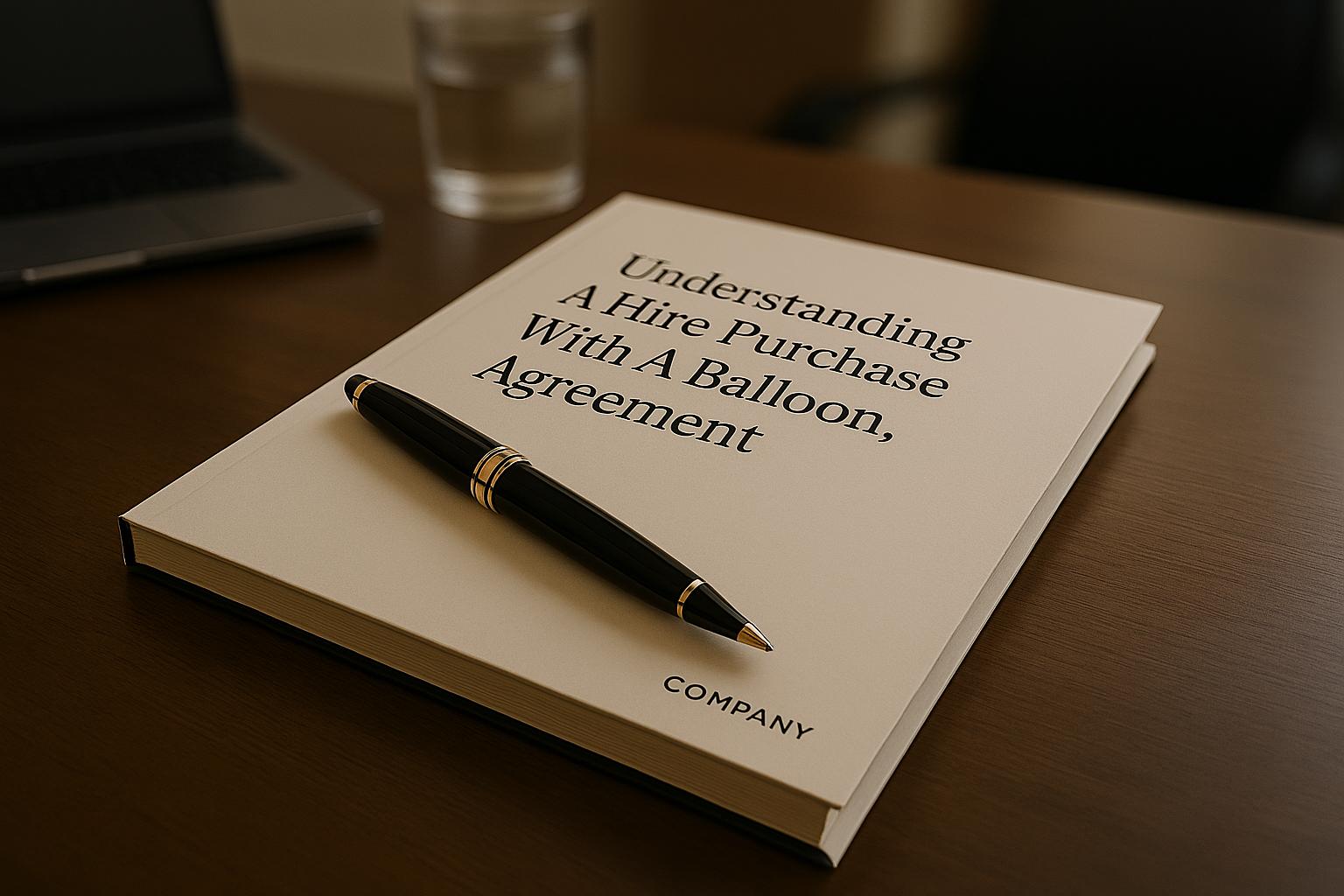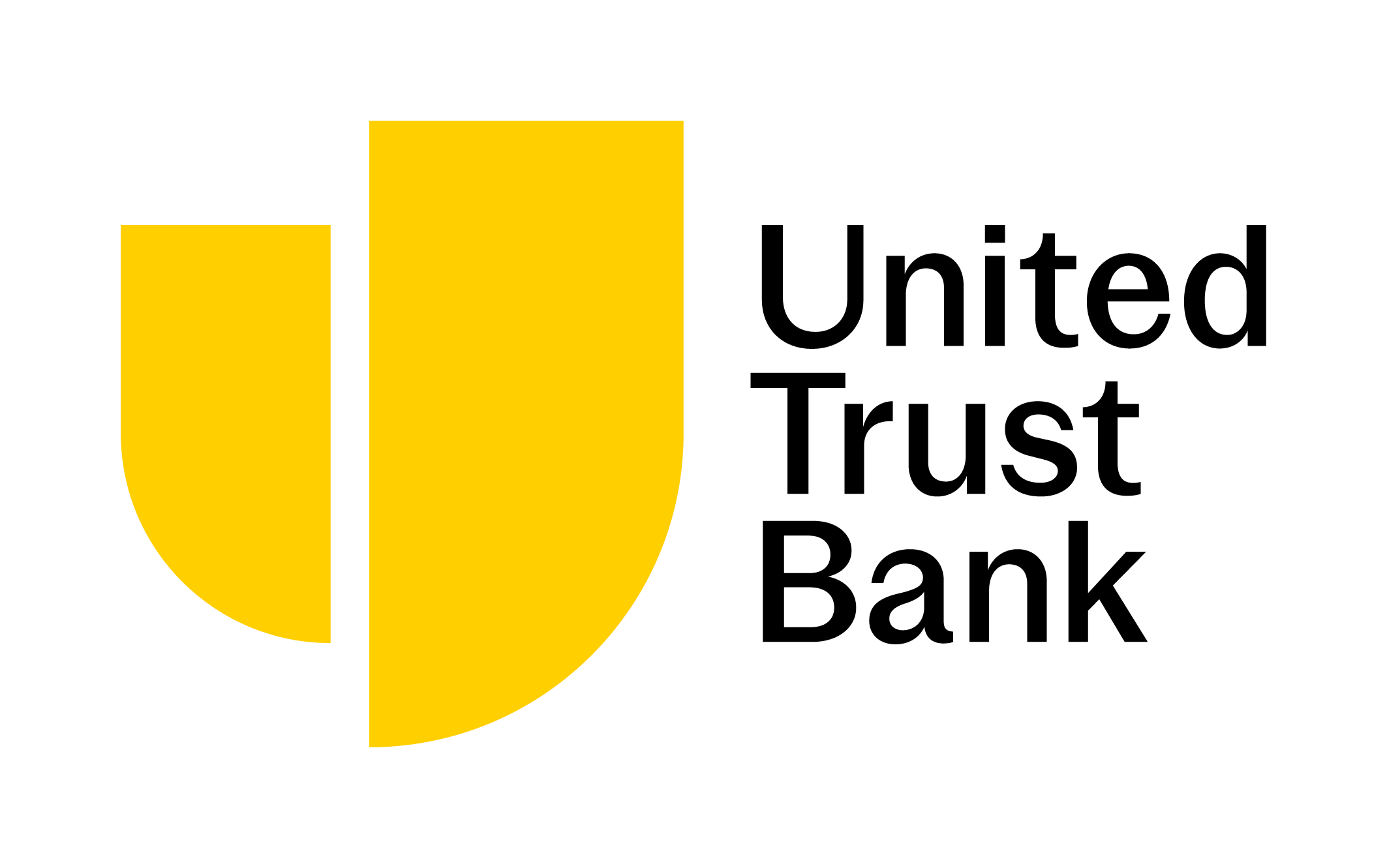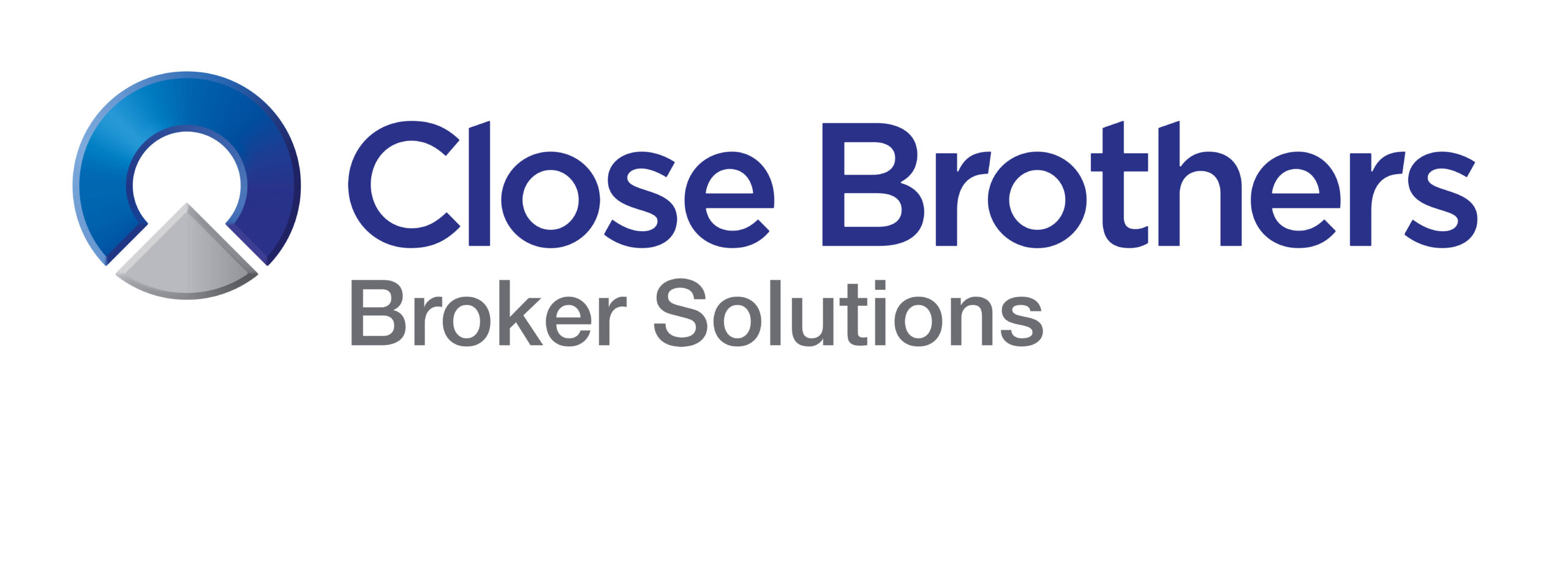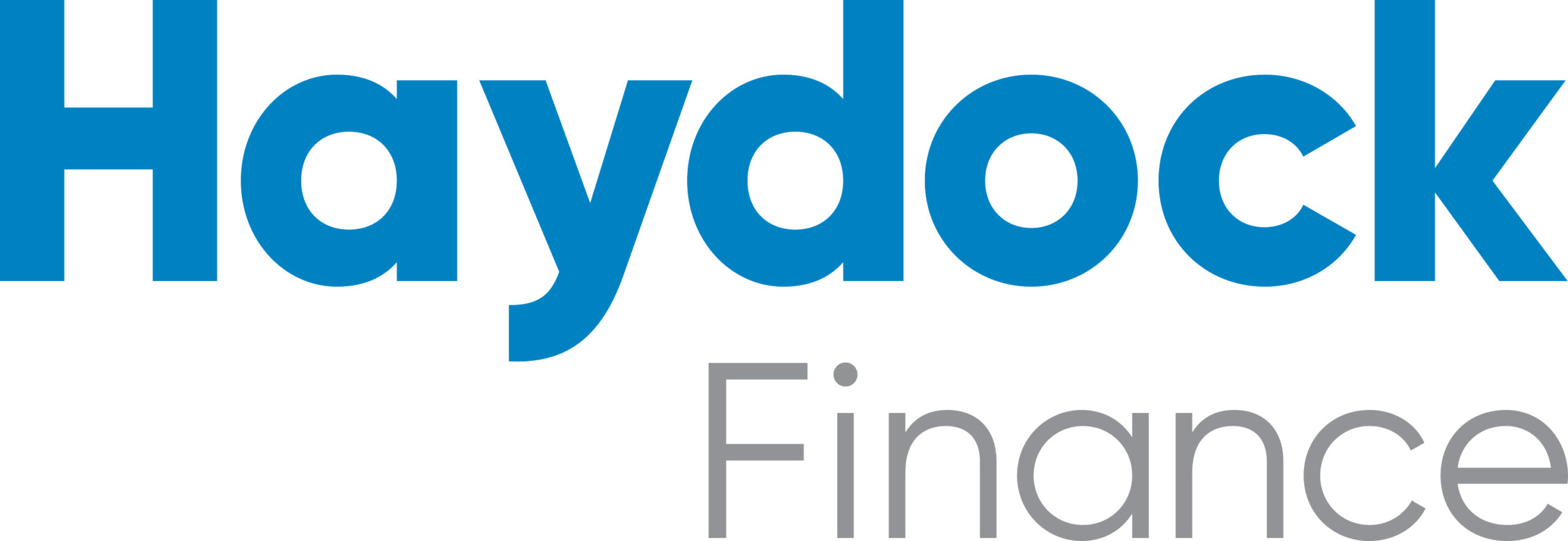Hire Purchase with Balloon
Understanding Hire Purchase with a Balloon Payment for Goods
Hire Purchase with a Balloon Payment is a twist on traditional Hire Purchase. It helps make monthly payments more affordable by delaying a big chunk of what you owe until the very end of the agreement.
Here’s how it generally works: First, you choose the goods you want to finance. You’ll typically start by paying an initial deposit. The remaining balance, after setting aside the balloon payment amount, is then divided into fixed monthly payments over an agreed term. You’ll make these regular payments to the finance company. At the very end of your agreement, you’ll need to make a final, large “balloon payment” to gain full ownership of the goods. You only truly own the item after you’ve made all your regular monthly payments and that final balloon payment.
For guidance on tax implications and to ensure optimal tax efficiency, please consult a qualified tax advisor or accountant. Evogo Asset Finance does not provide tax advisory services.
Features and Benefits of Hire Purchase with a Balloon Payment
The main draw of this finance option is lower monthly payments compared to a standard Hire Purchase, as a significant portion of the debt is pushed to the end. A key benefit is that you will eventually own the goods outright once all payments, including the balloon payment, are made. Like standard Hire Purchase, these agreements usually come with fixed interest rates, which makes budgeting straightforward. This option offers a good balance between affordability and eventual ownership.
Pros and Cons of Hire Purchase with a Balloon Payment
Pros:
- You’ll enjoy lower monthly payments than a traditional Hire Purchase agreement.
- You own the goods at the end of the agreement, which is a major advantage for many.
- Fixed interest rates mean predictable monthly costs, making budgeting easier.
- This type of finance can be used for both new and used goods.
Cons:
- You must make a large balloon payment at the end of the term, which requires careful financial planning.
- You don’t own the goods until all payments, including that final balloon payment, have been completed.
- The overall cost of financing will be higher than paying in cash due to the added interest.
- Failure to make payments, including the balloon payment, can unfortunately lead to repossession of the goods.
- Not all goods are available to finance on a HP Balloon product.
Who is Best Suited to Hire Purchase with a Balloon Payment?
This finance option is particularly well suited to certain individuals. It’s a great fit for those who want to own the goods outright but desire lower monthly payments, as it strikes a balance between affordability and eventual ownership. It’s also ideal for people who have a clear strategy for paying off the balloon payment, perhaps with existing savings, an anticipated future bonus, or the sale of another asset. Customers who are confident in their long term financial stability will find this option
appealing, as they need to be sure they can manage that final large payment. Essentially, it’s for those who want more affordable monthly payments than a standard Hire Purchase but are committed to owning the goods at the end of the agreement. Additionally, unlike some other finance options, it appeals to those who don’t want the mileage restrictions often associated with products like Personal Contract Purchase.
At Evogo Asset Finance, we believe that securing finance for your next acquisition, regardless of its type or purpose, should be a straightforward and empowering experience. Our process for obtaining specialist finance is meticulously designed to be very simple, safe, personalised, and secure:
Your Finance Options
We want to help you understand the different finance agreements available through Evogo Asset Finance so you can make an informed decision. This guide provides an overview of the features, benefits, and pros and cons of each finance option. We'll also explain the difference between regulated and unregulated agreements.
This information is for your understanding only. It's designed to help you determine which product best suits your needs, but it is not financial advice. Before you sign any agreement, the lender will provide a detailed explanation of the product you have chosen.









